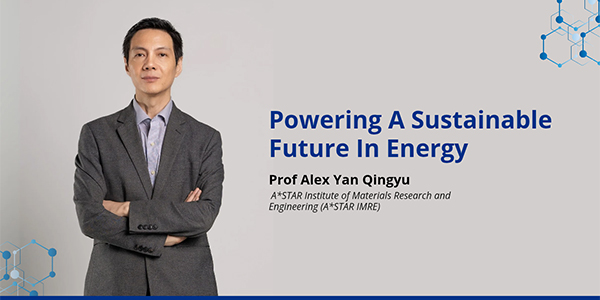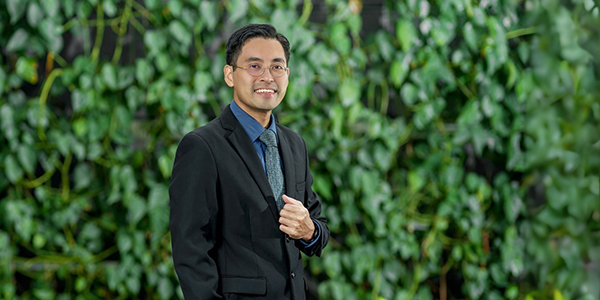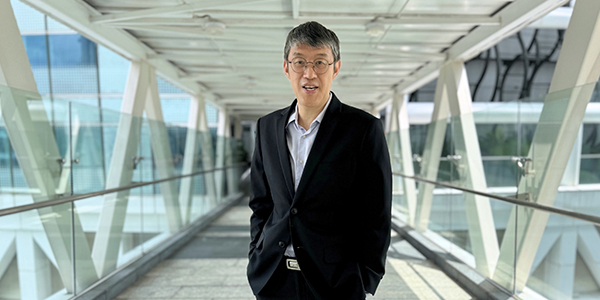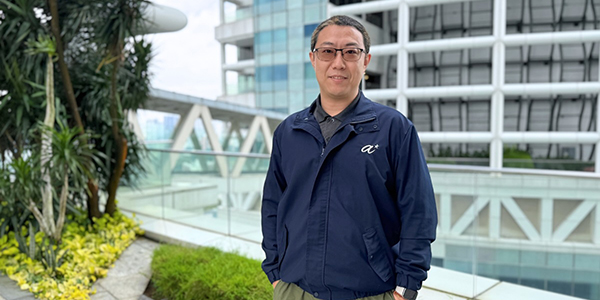Expanding the Horizons Of Human Potential: A Scientist's Dedication To A Healthier Future
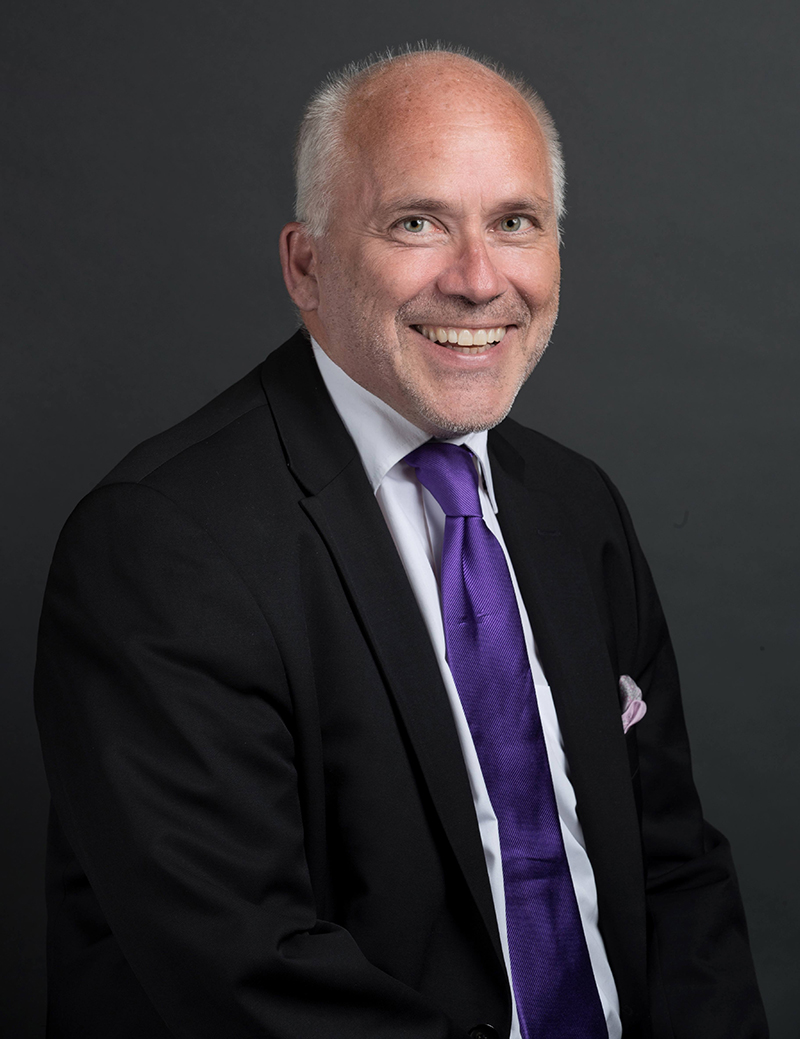
Professor Johan Eriksson leads the A*STAR Institute for Human Development and Potential, with a renewed focus on adolescent research and improving health span of individuals.
With a strong scientific background in understanding diabetes and related metabolic diseases, Professor Johan Eriksson is dedicated to uncovering new knowledge in human health and continues to pursue scientific discoveries that will enhance the lives of people.
Prof Eriksson began his research journey studying glucose transporters within muscle tissue, particularly in the context of Type 2 diabetes. His research focuses on the early programming of health and disease, as well as on the prevention of Type 2 diabetes and related metabolic outcomes by lifestyle interventions. As a medical doctor, his interactions with patients who overcame adverse health challenges further ignited his interest to explore the vast opportunities of human development, particularly in the field of preventive healthcare.
Today, as the Executive Director of A*STAR Institute for Human Development and Potential (A*STAR IHDP), and Professor of Yong Loo Lin School of Medicine at the National University of Singapore, his focus has broadened to advancing health and human capacity in Singapore, Asia and around the world. Intrigued by the ever-changing world of human psychology and behaviour, Prof Eriksson leads his team of researchers and scientists in pushing the boundaries of health and human potential, actively shaping the future and creating a positive impact on society through research.
Under his leadership, the institute has broadened its research to span the life course, focusing on opportunities and interventions to improve the health and well-being of society. These include the TANGO study and The Appetite Toolbox (ATB), which look into the health effects of a Mediterranean-like diet adapted for Asians in women with Non-Alcoholic Fatty Liver Disease (NAFLD) and eating self-regulation in children respectively.
In addition to early life research that investigates the growth and development of children and their families with the Growing Up in Singapore Towards healthy Outcomes (GUSTO) cohort, A*STAR IHDP will now follow the lives of these children as adolescents, as well as other key transitions in the life course. The research will will also look into new focal points such as healthy ageing, to address Singapore’s needs in population health.
In this feature, Prof Eriksson shares his career journey and how his aspirations to advance human health and potential have led to tangible outcomes that continue to improve the well-being of Singaporeans and beyond.
In your view, what are the key elements that contribute to creating a supportive environment for individuals to thrive and unlock their potential?
A: Teamwork! In today’s world, collaboration is key. I do not believe that one should work in a silo, especially in the research field. On the contrary, having the team’s support and interactions is key to unlocking one’s potential. In addition, having a work-life balance and a good working environment are equally important as these are part of the main elements of having a supportive environment for everyone to thrive.
What are your goals for A*STAR IHDP? Share some exciting projects or initiatives that your team is working on.
A: We aim to be the world leader in human health and potential, by focusing our research on human potential and development. The two birth cohort studies, Growing Up in Singapore Towards healthy Outcomes (GUSTO) and Singapore PREconception Study of long-Term maternal and child Outcomes (S-PRESTO), have provided excellent outcomes which contributed to developing meaningful interventions to optimize human potential. Now that the participants from the GUSTO cohort have grown to become adolescents, we are expanding our studies to look into the mental well-being of young people, how social determinants can affect health, and reviewing the first steps to healthy ageing through the GUSTO mums. By incorporating parental factors such as maternal mental health, maternal age and parenting style, we aim to discern the connection between adolescence and early ageing, and aim to understand how to increase the health span on top of life span, of individuals.
Many of our projects are focused on population health and they are public-facing projects, therefore I would like to see an even bigger role for A*STAR IHDP when it comes to impacting policy recommendations and communications with ecosystem stakeholders.
Currently, my team and I are very excited about a study called “Harnessing Human Potential and Improving Health Span in Women and Their Children (HAPPY)” – which looks at preventing Type 2 diabetes in a high-risk group of women in Singapore – those with a history of gestational diabetes - and I am looking forward to the intervention phase. There are many other upcoming research opportunities that I look forward to collaborating with like-minded stakeholders around the world.
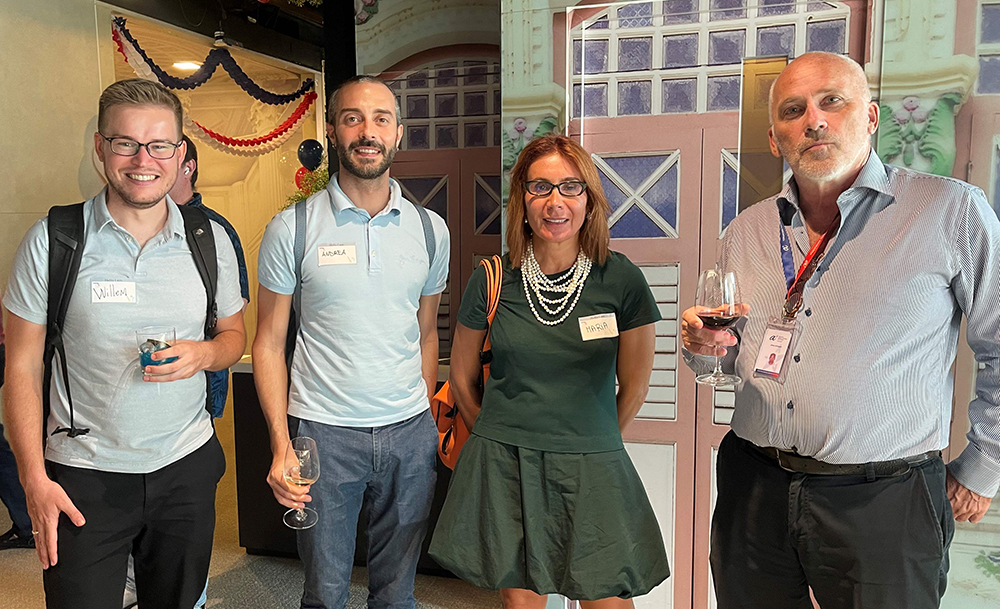
Prof Eriksson (far right) with the A*STAR IHDP team
What keeps you motivated at work?
A: My motivation at work is fuelled by having the opportunity to collaborate with enthusiastic and optimistic colleagues. I make it a point to learn something new everyday, and this has not only helped me, but also allowed me to provide better support and mentorship to the younger researchers.
Always stay passionate – because passion is a very strong driver.
Share the most valuable life lesson from your career so far, and what are you most proud of?
A: One valuable lesson I have learnt from my career is that you need to believe in yourself, do what you want and be passionate about it. I am proud to take matters to hand and fight for my rights. I am also a proud dad to my three children who are doing extremely well in their lives.
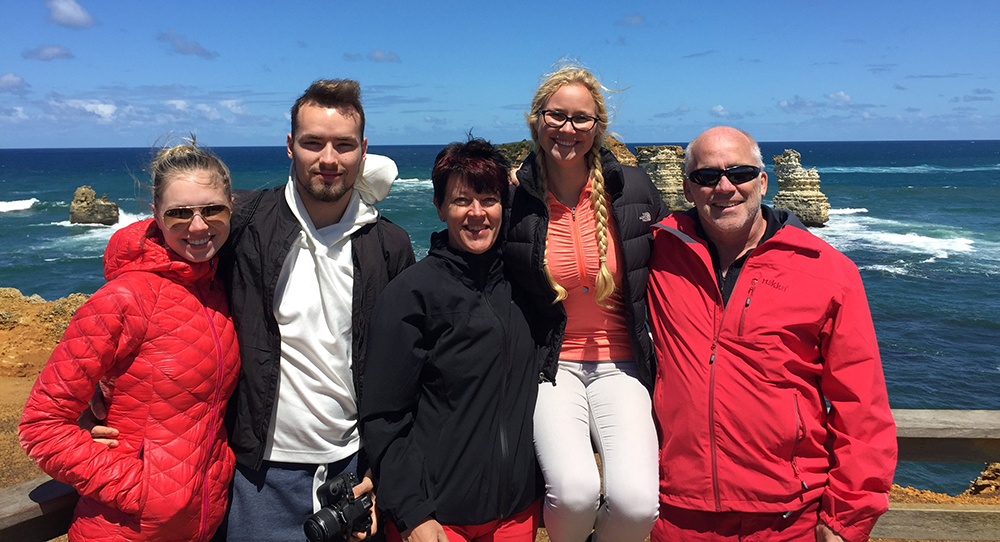
Prof Eriksson with his family at Great Ocean Road in Australia
What are some of your interests outside of work?
A: I am quite adventurous outside of work. The list of things I do ranges from watching football and ice hockey matches, riding my bike, and playing golf, to reading, travelling, and dining with good company.
What advice would you give to those who have a passion for science?
A: Be curious and apply critical thinking skills in solving your challenges. Question yourself “why” and find the answers through research. You will learn a lot through the process of finding answers.
You will also need to have patience and perseverance when it comes to research. Since outcomes do not evolve overnight, setbacks may emerge. Always stay passionate and have integrity. In research, you need to be honest and ethical as this will help you build a good network by establishing trust from different stakeholders.
A*STAR celebrates International Women's Day

From groundbreaking discoveries to cutting-edge research, our researchers are empowering the next generation of female science, technology, engineering and mathematics (STEM) leaders.
Get inspired by our #WomeninSTEM

